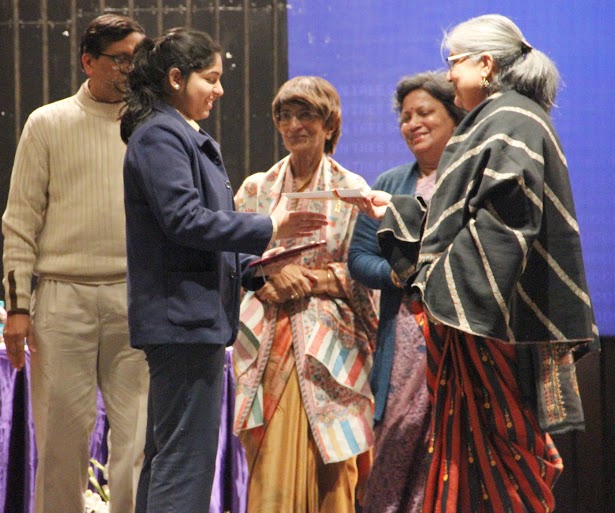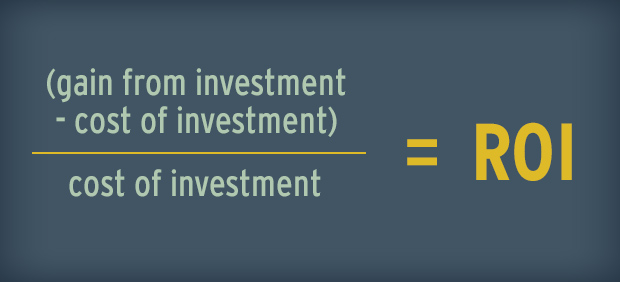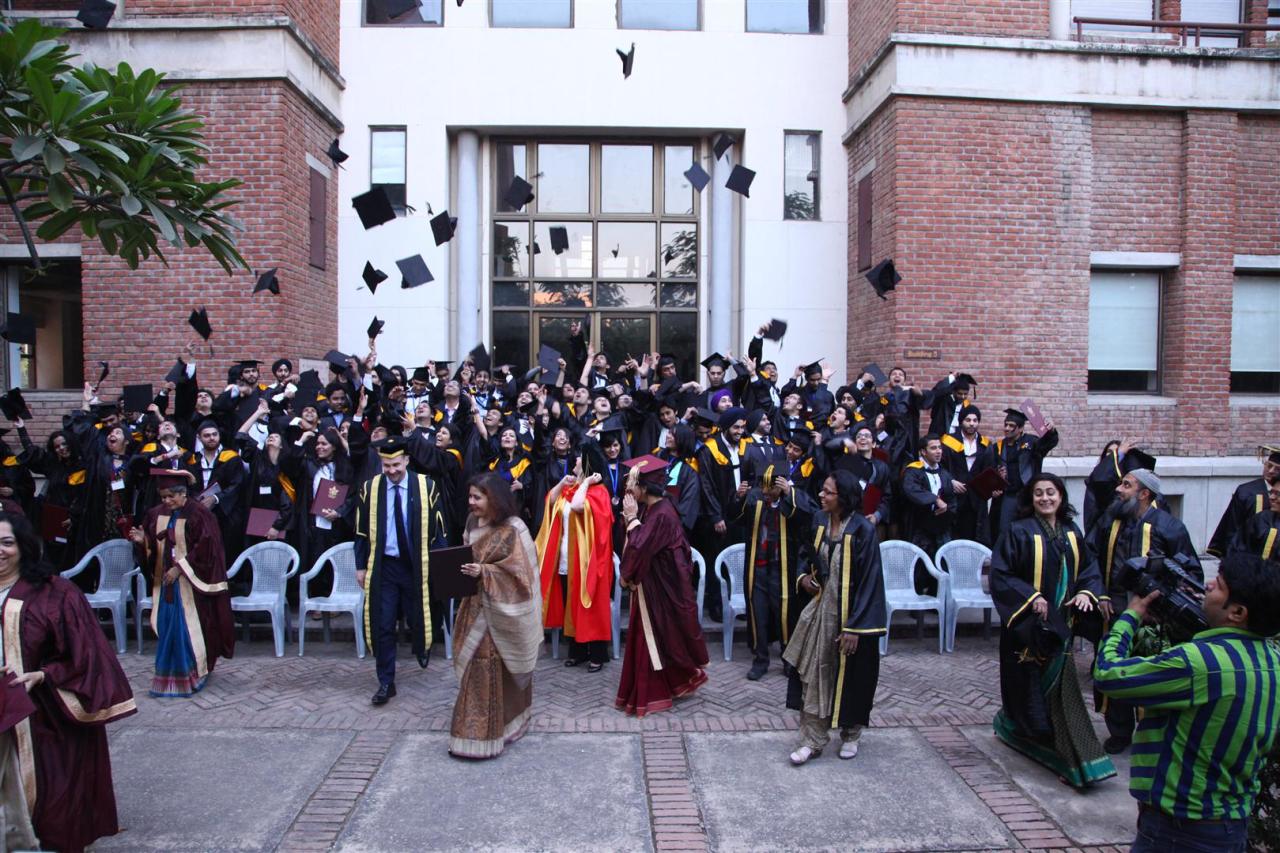Organizational Culture, as conceptualized by Schein, can be understood as a layered phenomenon with the surface level artefacts visible in an organization as the topmost layer, the espoused values that fuel those just underneath and most importantly the assumptions and beliefs that underlie the above two layers. Culture is the invisible yet powerful force that drives morale, engagement and performance. Needless to say that the culture of an organization comes from its people and is both top-down as well as bottom-up, resulting from the numerous interactions (or the lack thereof) among its people. The diversity in the workforce is therefore, a strong influence sculpting the culture of organizations of today.
Experts are of the opinion that in the glocal world that we live in today, diversity is the key to maximize organizational effectiveness. But what does this diversity really refer to? Is it the variety or multiplicity of demographic features that characterize a company’s workforce, in terms of race, gender, culture, religion, national origin, handicap, sexual orientation and age? Or are we referring to the more intrinsic differences that exist between individuals that surpass the group level differences? Whatever the definition may be, it is true that in any workplace today, we are surrounded by people who often think and work differently. It begins with how people perceive themselves and others and the variations therein, which directly influence people’s interactions and communication within the organization.
The challenge for organizations really is to manage this workforce diversity to benefit from it, to make it advantageous. It is ‘Easier said than done!’
What exactly are these advantages that researches keep talking about?
There are several benefits for an organization that embraces diversity in its culture:
- Increased adaptability – Organizations employing a diverse workforce can supply a greater variety of solutions to problems that arise on a day-to-day basis. Employees from diverse backgrounds bring individual talents and experiences in suggesting ideas that are flexible in adapting to fluctuating markets and customer demands.
- Broader service range – A diverse collection of skills and experiences (e.g. languages, cultural understanding) allows a company to provide service to customers on a global basis. IBM is one organization that created several minority task forces focusing on groups such as women and Native Americans. In the ensuing years these task forces expanded IBM’s multicultural markets growing from $10 million to $300 million in revenue in just 3 years.
- Greater Creativity – A diverse workforce that feels comfortable communicating varying points of view provides a larger pool of ideas and experiences. The organization can draw from that pool to meet business strategy needs and the needs of customers more effectively.
All of these benefits have a clear impact on the bottom-line of a company.
Challenges of Diversity in the workplace
While the benefits of diversity are evident, this path is not devoid of challenges for the organization.
- Unconscious bias is one of the most significant barriers for an organization on the path to embracing diversity. Simply because it is unconscious makes it all the more challenging to overcome. While each individual comes with their own set of unconscious biases, there are some that are common such as those stemming from stereotypes related to women and people from certain cultural and ethnic backgrounds.
- Communication is another important challenge in organizations often resulting from basic differences in the style of communication as well as different meanings associated with non-verbal signals. For example, high-context cultures such as India, Japan and China, rely on implicit communication whereas low context cultures such as USA rely largely on explicit verbal communication. Such differences, when not understood, often lead to miscommunication among teams/employees.
- Resistance to change – Any change is often met with resistance, it is a human tendency. There are employees who refuse to accept the fact that the social and cultural makeup of their workplace is changing. The “we’ve always done it this way” mentality sometimes silences new ideas and inhibits progress.
- Implementation of diversity in the workplace policies –This can be an overriding challenge to all diversity advocates. Policy level change marks the beginning which then needs to be implemented across the organization. It is important to recognize and accommodate at the policy level cultural and religious holidays, differing modes of dressing, dietary restrictions and needs of individuals with disabilities.
All the above challenges, while real, can be overcome by building awareness and skills through sensitization training programmes and coaching sessions across all levels. Most importantly the top management, the leaders need to be good role models, displaying their support for diversity, respecting people from all backgrounds equally.

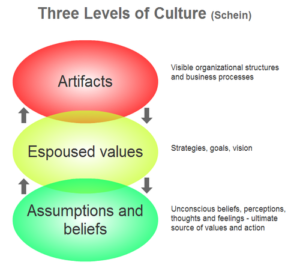
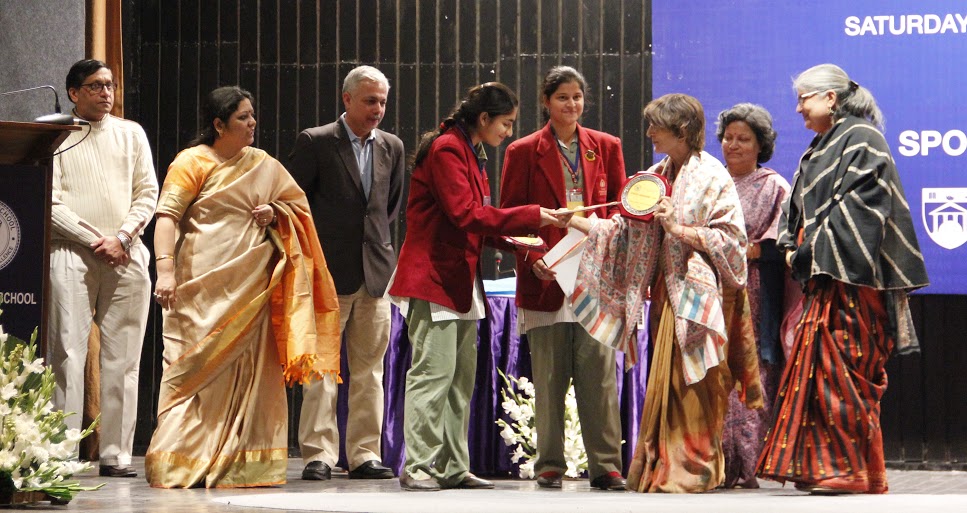
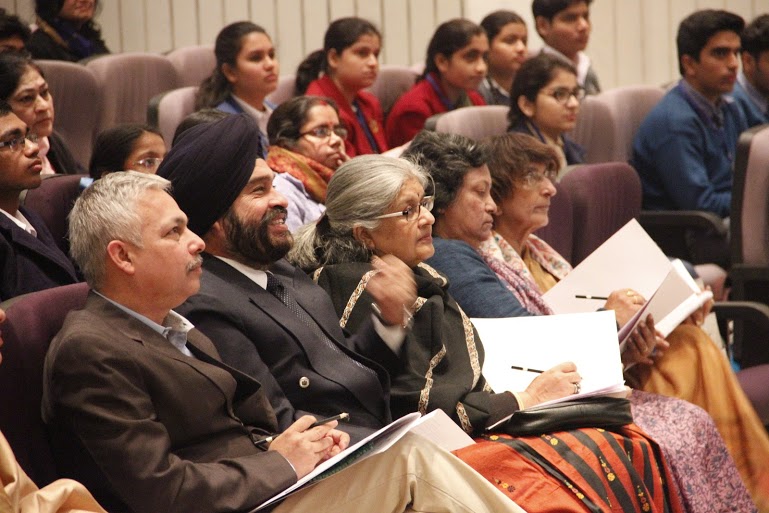
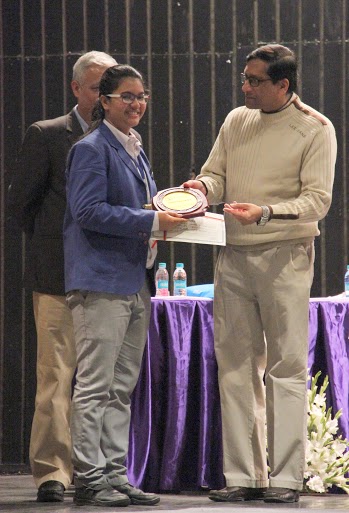 The Winning team – Tagore International School, East of Kailash
The Winning team – Tagore International School, East of Kailash 